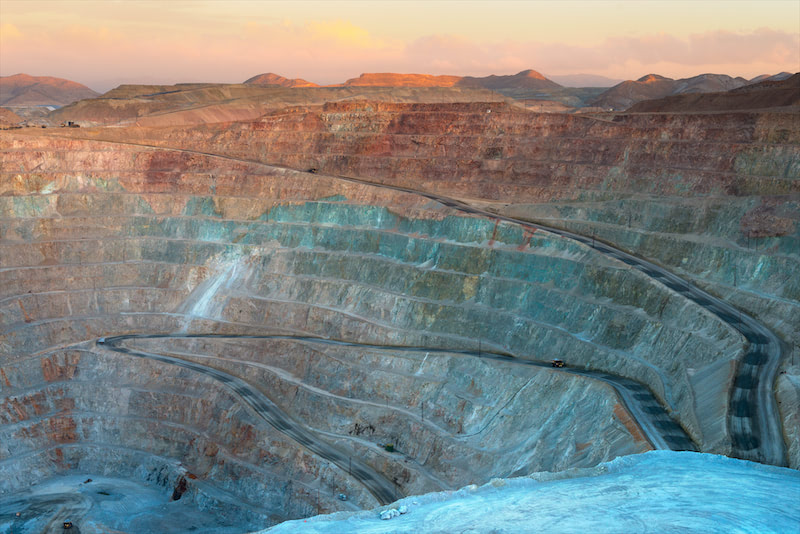SMM: South Korean shipyards and South Korean steel manufacturers have been negotiating the price of thick steel plates for shipbuilding since July, but have been unable to reach an agreement, and the contradictions between the two sides have intensified day by day.
Major South Korean steel manufacturers such as Posco (POSCO), Hyundai Steel (Hyundai Steel) and Dongguo Steel (Dongkuk Steel) are demanding higher prices for thick steel plates, citing soaring iron ore prices, according to South Korean media reports. However, South Korean shipping companies, led by Daewoo Shipbuilding, Hyundai heavy Industries and Samsung heavy Industries, want to freeze heavy steel plate prices at a time of sluggish ship demand.
Since July, the two sides have been negotiating the price of 6mm and above thick steel plates in the second half or third quarter of this year, but the negotiations have reached an impasse. South Korean shipping companies have asked the South Korean government to step in to help keep the price of thick steel plates at current levels, sparking further dissatisfaction among steelmakers.
Typically, South Korean shipyards and steelmakers negotiate the price of thick steel plates quarterly or semi-annually. After the price has been set for a period of time, South Korean shipyards will make retrospective payments.
South Korean steelmakers basically kept the price of thick steel plates at about Won700000 ($591) a tonne in the first half of this year, although steelmakers are now demanding an average price increase of Won30000 to Won40000.
South Korean steelmakers point out that iron ore prices rose rapidly this summer, so steelmakers had to raise the price of thick steel plates accordingly. The benchmark price of 62 per cent grade iron ore rose from $72.63 a tonne on January 4 to $88.39 a tonne on February 15, up $104.3 on May 24 and $122.2 on July 5, according to (Korea Resources Corporation), a South Korean resources company. Although prices have fallen back to about $90 a tonne since September, steelmakers say the negotiations are based on inventories of iron ore, so the current price has nothing to do with the negotiations.
In stark contrast to steelmakers, South Korean shipbuilders have demanded that steel plate prices be frozen at current levels, saying the country's shipbuilding industry is still a long way from recovering.
Lee Sung-geun, president of the Korea Shipbuilding Offshore platform Association (KOSHIPA) and chief executive of Daewoo Shipbuilding, said recently: "the environment for shipbuilding enterprises is deteriorating due to rising steel plate prices and labor costs." heavy steel plate price negotiations require policy intervention. "
South Korean shipping companies believe that the price of thick steel plate usually accounts for 15% to 20% of the cost of shipbuilding, so the rise in the price of thick steel plate will bring heavy losses. According to KOSHIPA, an increase of 50000 won per ton in the price of thick steel plates will cause shipyards to bear an additional 300 billion won ($253 million) in manufacturing costs.
"Click to sign up for the Annual meeting of China's Nonferrous Metals Industry

Scan QR code and apply to join SMM metal exchange group, please indicate company + name + main business




